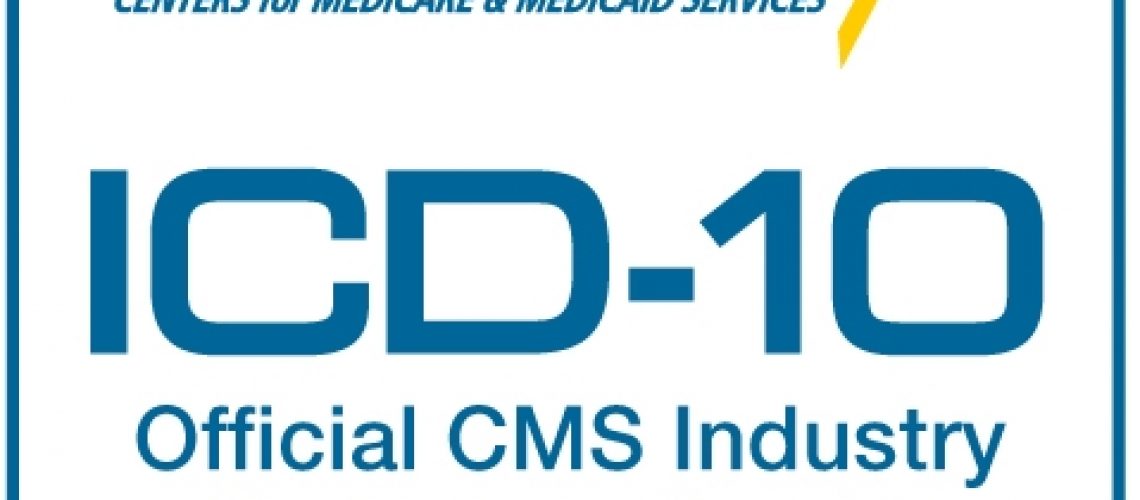With about six months to go before the ICD-10 deadline, many medical practices are wondering if they can get it done in time. They may think they need a hero, but a champion would do.
A champion would be someone in your medical practice to take charge of the ICD-10 transition. The champion is organized and willing to learn everything they can about ICD-10 coding.
Is that you?
That means dedicating your next six months to the transition as an investment that reaps rewards such as:
- Gaining valuable and needed knowledge
- Developing leadership and communication skills
- Helping coworkers through a difficult transition
Where to get start your journey as a champion
Begin on the Centers for Medicare and Medicaid Services (CMS) “Road to 10” website. It has resources on how to prepare for ICD-10 implementation.
You can download:
- Checklists
- Timelines
- Fact sheets
- Tutorials
The World Health Organization (WHO) has a free ICD-10 Training Tool. It’s the base ICD-10 code set not the ICD-10-CM/PCS versions that U.S. healthcare organizations will implement in six months.
The Healthcare Information and Management Systems Society (HIMSS) ICD-10 Playbook has ICD-10 resources also.
Where to find help
Some local professional societies might offer educational and training programs.
Your healthcare vendors may be able to help. In addition to your software, equipment and systems, they may have insights on how best to proceed with the ICD-10 transition. They interact with a lot of healthcare organizations, and they may have insights worth sharing.
Healthcare payers may be able to help also.
Start following a code
Specifically, follow the diagnosis codes that your medical practice most often encounter. Take an ICD-10 code down that path and see what happens. When processes break down or halt, that’s what you need to upgrade or replace.
Also, check a patient’s record to learn if there is enough information to create ICD-10 codes. This may be your biggest change.
Take on passengers
You can’t be the only person who knows about ICD-10 codes. Develop an ICD-10 training plan for the entire medical practice:
- Assess what there is to learn
- Identify which staff members will need what training
- Pick best training options
- Schedule training
- Budget resources
How much is this trip going to cost?
You’re going to need to get a handle on how much the ICD-10 transition will cost. It will focus on four areas:
- Coding
- Revenue cycle
- Project management
- IT
Note there will be direct and indirect costs. The direct costs will be almost easy because there will price tags attached. But indirect costs would encompass elements such as productivity lost to training sessions.
What it takes to be an ICD-10 champion
If you find yourself in that role, you can try these five steps to becoming an ICD-10 champion:
- Be collaborative
- Be proactive
- Be organized
- Be realistic
- Be resourceful
Which are pretty important traits. But can we be more specific?
Hone your project management skills
It’s going to take more than training medical coders on the new codes and training physicians on clinical documentation improvement.
This is going to require strong project management skills to:
- Schedule meetings
- Create teams
- Recruit champions
- Plan education and training sessions
- Create impact assessments
- Communicate with vendors and consultants
- Perhaps hire said consultants
- ICD-10 champions can’t do the whole ICD-10 conversion, but they can be a big part of a successful implementation project
——————————————————
Photo courtesy of: iHealth Beat
Originally published on: Government Health IT
Follow Medical Coding Pro on Twitter: www.Twitter.com/CodingPro1
Like Us On Facebook: www.Facebook.com/MedicalCodingPro







